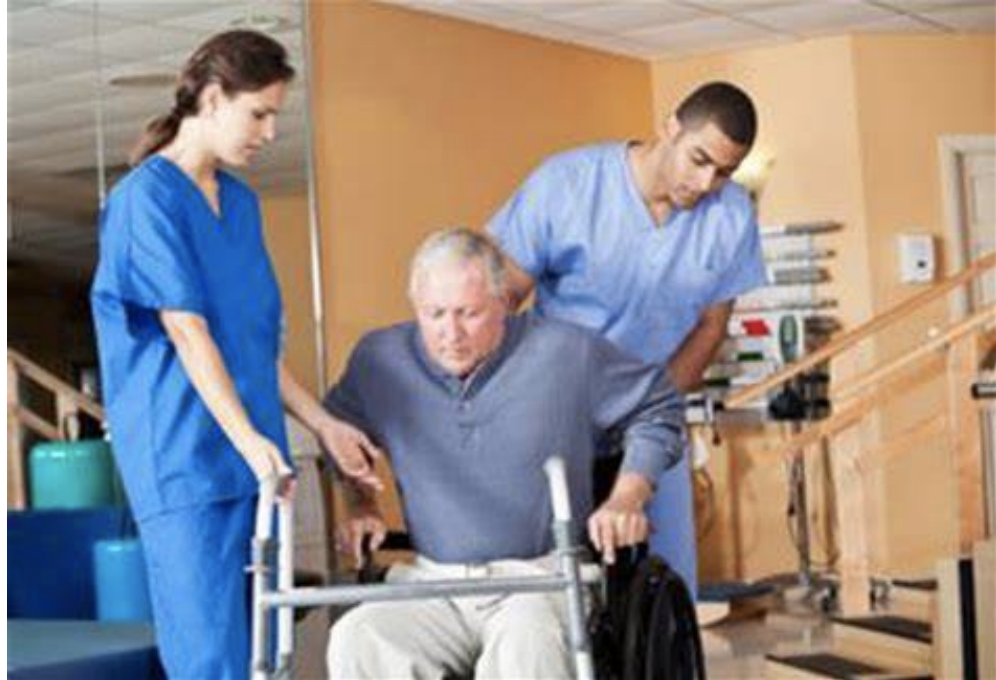
Do you Want to increase your employment opportunities or fulfill a specific employment requirement?
Are you a Certified Nursing Assistant (CNA)?
Consider expanding your career and becoming a Restorative Nursing Assistant (RNA).
An RNA focuses on rehabilitation and supports patients by increasing their strength and mobility. RNA’s typically work in assisted living facilities, therapy units, long term care facilities, rehab centers or through a home health agency. Through lecture, practice and skills tests, you will learn how to care for patients using restorative techniques. This training is certified by the Quality Care Health Foundation (QCHF).
Course and Training Prerequisite
CNA Certification.
What will I learn?
The training of a Restorative Nurse Assistant usually involves training in physical, occupational, emotional and support therapies and techniques for restoration of patient health. Examples include ambulation, positioning in chairs, range-of-motion exercises, and bathing and dressing. CNAs and RNAs work alongside registered nurses as well as occupational and physical therapists, setting up necessary supplies, and assisting as needed. For patients, CNA Restorative Aides help with exercises that do not need the direct supervision of a therapist or nurse.
The full course is made up of 5 modules, each focusing on a set of restorative nursing topics or concepts, mirroring the content of ARN’s Restorative Nursing.
Topics in the modules: ▪ Anatomy and Physiology of Aging and the Musculo-skeletal system ▪ Philosophy of Restorative Nursing ▪ Assessment and care planning ▪ Feeding, Dysphagia, Swallowing/Communication & Cognition ▪ Orthopedic Case Study ▪ ADL Training ▪ Range of Motion, Functional Mobility, & Joint Mobility ▪ Neurological Case Study ▪ Bladder, Bowel & Skin Care ▪ Therapeutic Activities & Caregiver Challenges ▪ Types of Restraints, physical comfort and pain management
How long is the program?
This program consists of two days of classroom training instruction. What do graduates do? Graduates can work in Assisted Living facilities, Nursing Centers, Alzheimer’s facilities, Therapy Departments, Acute Care Hospitals, Rehab Hospitals, Out Patient Centers, Hospice Agencies, and Home Health Agencies. Cost of Program: $50 for application, $ 750 for the total cost, of which a non-refundable deposit of $300 is required on or before the start of class.
